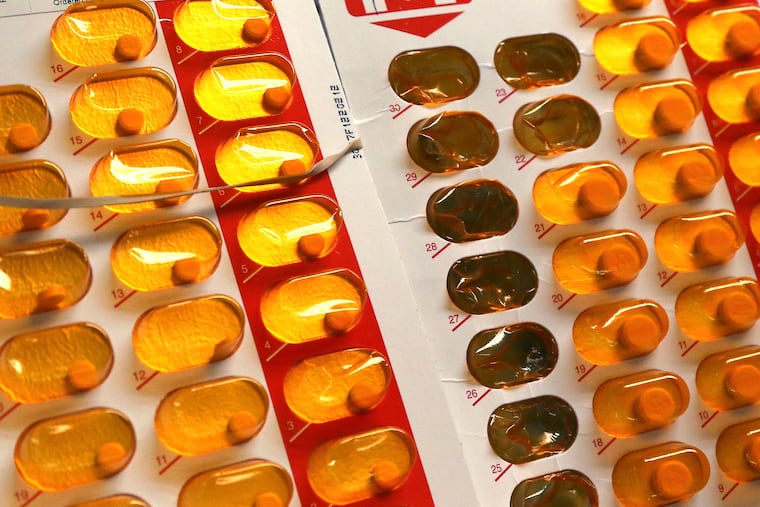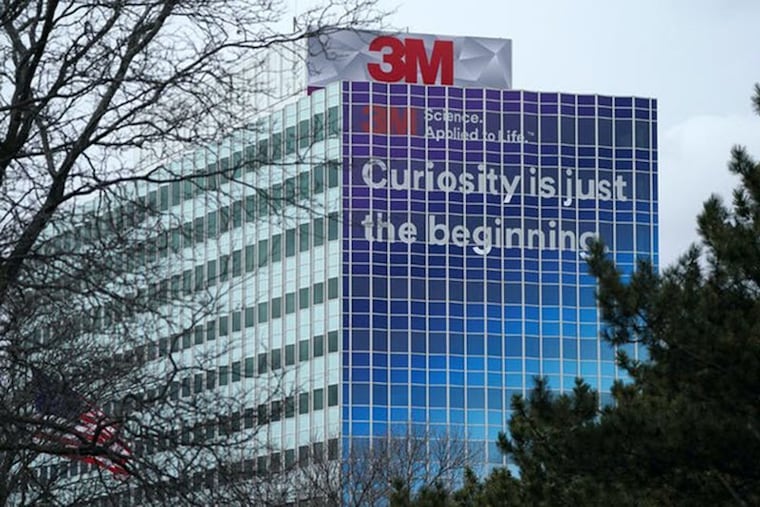Wedge Recovery Centers, a leading addiction treatment provider, is set to close its facilities within the month.
The Wedge Recovery Centers, a prominent addiction treatment provider in the Philadelphia area, is set to cease operations within the next two to four weeks, according to confirmation from city officials. This for-profit organization, which offers intensive outpatient services, mental health support, and medication treatments for opioid dependency, operates eight facilities throughout Philadelphia and serves approximately 1,900 patients. The vast majority of these patients receive Medicaid, the federally funded health insurance designed for low-income individuals.
The Wedge frequently provides care to individuals mandated by city courts to undergo addiction treatment, underlining its critical role in the local healthcare ecosystem. In a correspondence addressed to the organization’s “vendors and partners,” CEO Jason McLaughlin cited financial losses sustained over the past three years as a driving force behind the closure decision. Contributing factors include rising operational costs, declining Medicaid enrollment, and a perceived lack of financial support from local and state authorities.
Community Behavioral Health (CBH), a city-contracted nonprofit responsible for coordinating behavioral health services, confirmed the impending closure of the Wedge. CBH officials noted that there are other treatment providers in Philadelphia capable of accommodating the displaced patients. CBH aims to assist the Wedge as it winds down operations, ensuring a smooth transition for individuals seeking continued care.
Despite the good intentions behind this transition, concerns have been raised regarding the accessibility of substitute treatment options for patients, particularly those in locations like South Philadelphia, where alternative care facilities may be less accessible. The feeder organization has yet to disclose which providers will assume care for the Wedge’s patients.
Keisha Hudson, chief defender at the Defender Association of Philadelphia, emphasized her office’s commitment to monitoring the transition, particularly for patients undergoing court-ordered treatment. It is seen as crucial for these individuals to receive uninterrupted care throughout the transition process.
District Attorney Larry Krasner expressed the importance of addiction recovery resources, highlighting their essential role in promoting public safety and supporting individuals grappling with addiction.
Healthcare professionals have noted that the abrupt closure of a significant program like the Wedge could create strain on other local addiction service providers. Shoshi Aronowitz, a family medicine nurse practitioner with experience treating addiction cases, warned of a potential surge in patient inquiries as individuals seek new treatment options.
Transitioning to a new healthcare provider can present challenges for those with substance use disorders, according to Maggie Lowenstein, an addiction medicine physician. She highlighted the complexities involved in such logistical transitions, which can lead to patients falling out of treatment.
The Wedge Recovery Centers’ closure underscores critical gaps in the support systems available to individuals battling addiction in Philadelphia, raising concerns about patient continuity of care amid a health crisis that continues to demand urgent attention.
Media News Source







